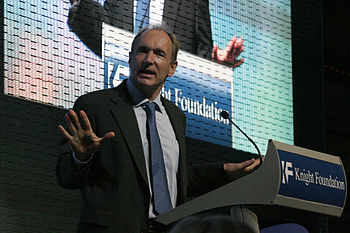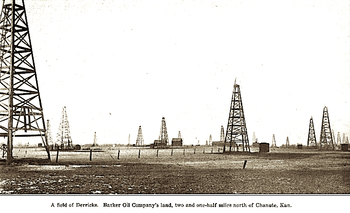So that Google Fiber thing? Is that happening?
Google Fiber is expected to announce by the end of the year whether it will begin offering its fiber optic internet service in the Atlanta market. Monday is Dec. 1. So, you know, you gonna hook it up or what, Google?
The company isn’t saying much. Continue reading








